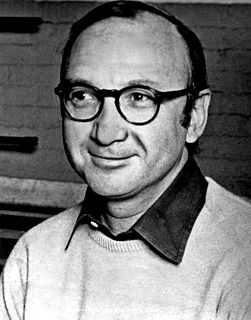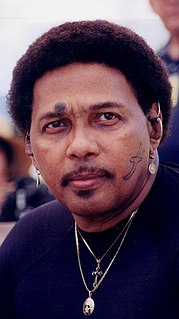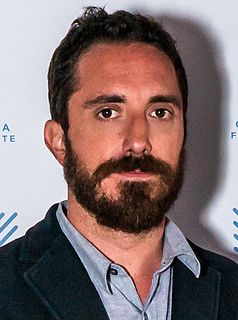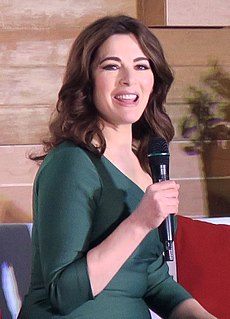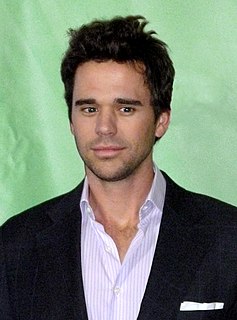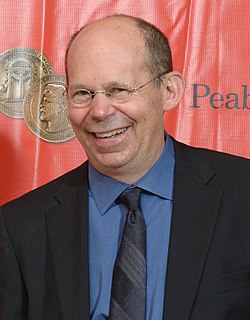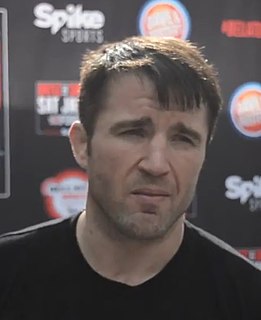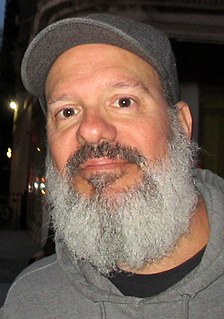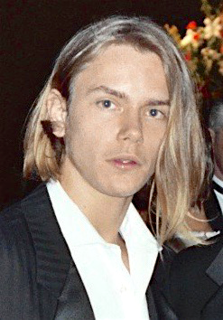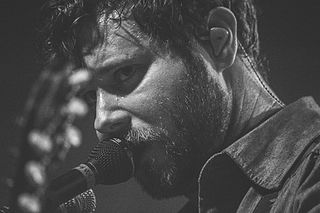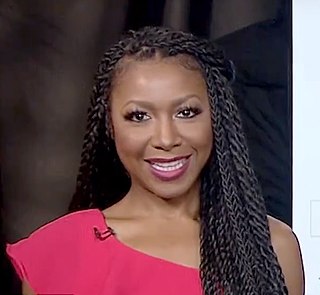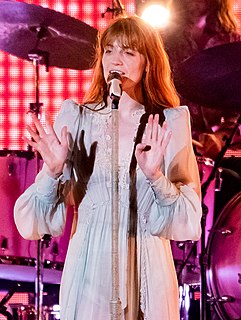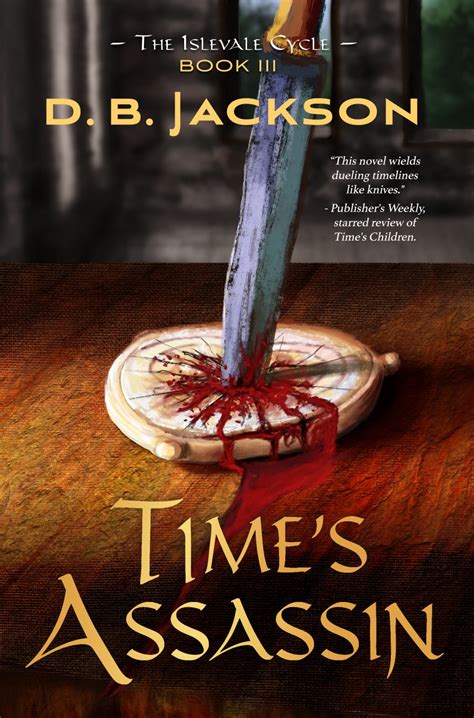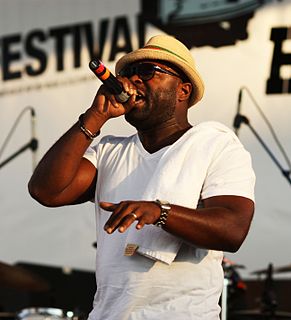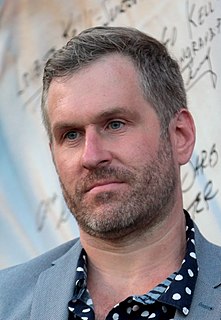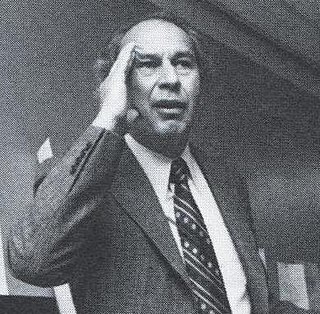Top 1200 Telling It Like It Is Quotes & Sayings - Page 13
Explore popular Telling It Like It Is quotes.
Last updated on April 21, 2025.
There's always someone out there telling you your nose is too big or too small, or you're too fat or too thin, or they don't like your hair. In life, there's always going to be someone who doesn't like something about you, so you have to focus on what makes you happy about yourself. You're the only person you need to please.
There's something exhilarating about telling stories that haven't been shared before and haven't been told publicly before. The last thing I want to be doing is telling stories other people have already told. That's not to say that there isn't important work out there about people in positions of power, but I know my strength. Even when I was at the Wall Street Journal 10 years ago, this is what I wrote about.
Her accent's funny, different from mine, different from anyone in Prentisstown's. Her lips make different kinds of outlines for the letters, like they're swooping down on them from above, pushing them into shape, telling them what to say. In Prentisstown, everyone talks like they're sneaking up on their words, ready to club them from behind.
You know, when you think about it, that’s kind of a weird thing. I mean it’s meant to be sympathetic, right? But it’s kind of not. Like you’re telling the person there’s nothing unique about what they’re saying I considered this as a couple of kids on Rollerblades whizzed past, hockey sticks over their shoulders. “Yeah,” I said, finally, “but you could also look at it the other way. Like no matter how bad things are for you, I can still relate.
That's what YouTube's become, it's become like a lot of vloggers capitalizing on this sort of like "My fans, I love my fans, hey guys." I've grown up and kind of been disgusted by that. I think it's using people, I think it's like encouraging something that's unhealthy, telling people you love them. "I love you." Oh really, you love your fans? You love the people that give you money and attention? Of course you do, that's not selfless that you love your fans, that's ridiculous.
I feel like I gotta get out of myself sometimes. I think I'm in my own world sometimes. I don't like to let other people come into my own world. Especially with my teammates, my coaches, I should be doing that. The important people that need to know how I'm feeling. I can do a better job of telling them exactly how I feel.
When we just saw that man, I think it was Mr. Myers, talking about how great scientists were, I was thinking to myself the last time any of my relatives saw scientists telling them what to do they were telling them to go to the showers to get gassed. That was horrifying beyond words, and that's where science - in my opinion, this is just an opinion - that's where science leads you.
My advice to myself and to everyone else, particularly young people, is to turn on, tune in and drop out. By drop out, I mean to detach yourself from involvement in secular, external social games. But the dropping out has to occur internally before it can occur externally. I'm not telling kids just to quit school; I'm not telling people to quit their jobs. That is an inevitable development of the process of turning on and tuning in.
But I keep going on with this sad and hungry and sordid, this limping and mutilated story, because after all I want you to hear it, as I will hear yours too if I ever get the chance, if I meet you or if you escape, in the future or in heaven or in prison or underground, some other place. What they have in common is that they're not here. By telling you anything at all I'm at least believing in you, I believe you're there, I believe you into being. Because I'm telling you this story I will your existence. I tell, therefore you are.
You don't create a magazine for your readers. You don't take a poll, you know, like the politicians do, and find out what they're thinking and what they want... You're supposed to be telling people what the hell you think is exciting and dynamic and thought-provoking, and do it - and do it your way.







